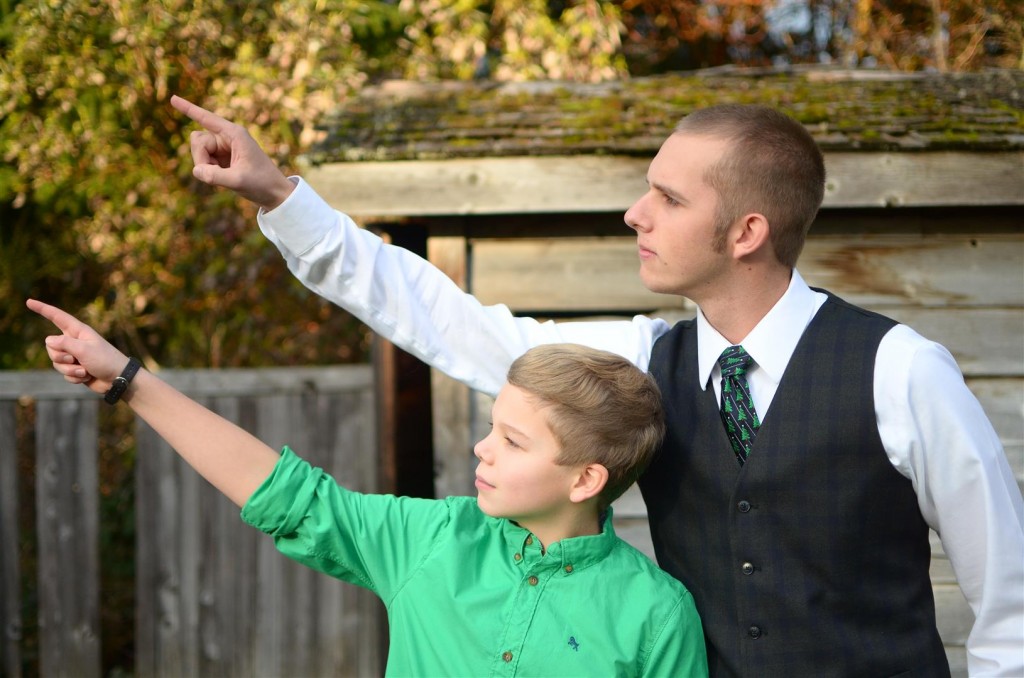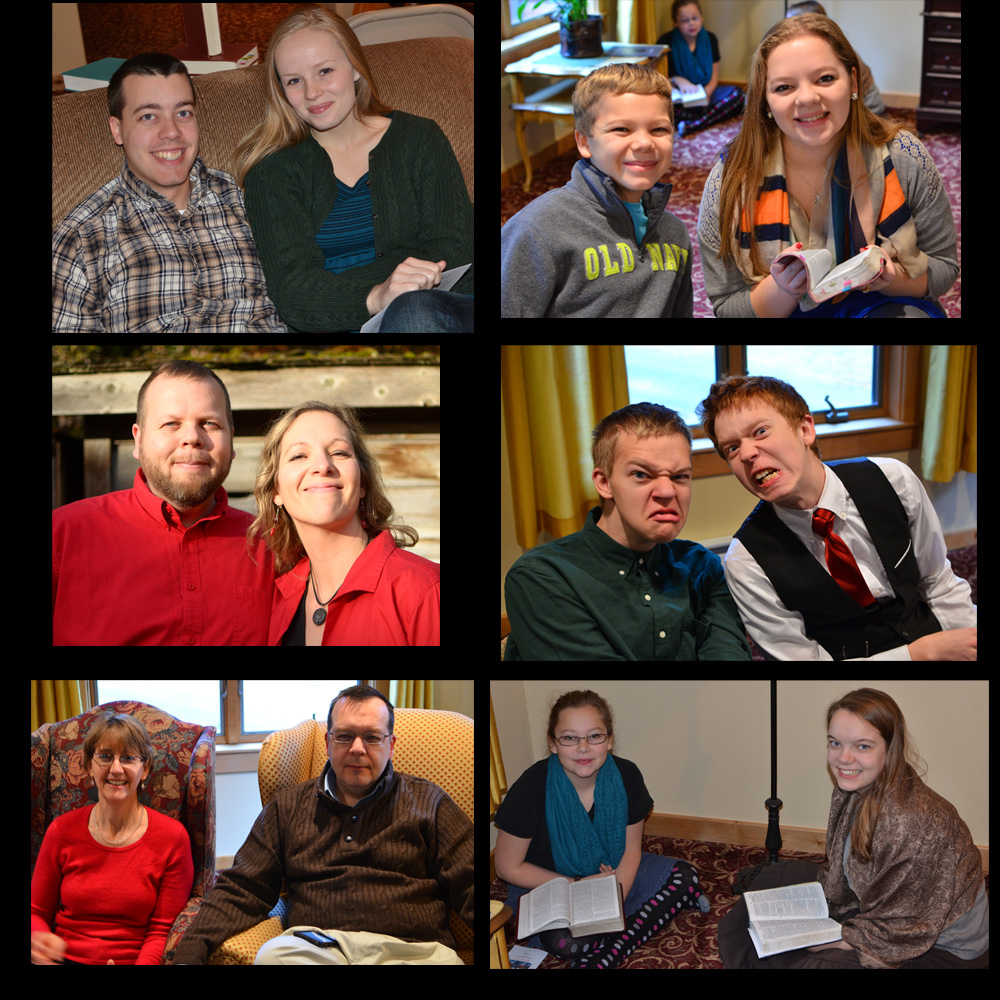Back in July, we traveled to Arkansas to attend my nephew’s wedding. It was a bit tricky getting everyone there, since the older kids were serving as counselors at Wilderness Northwest, attending Worldview Academy, and serving as Junior Staff at The Refuge. Using all my crafty mileage tricks, we found flights to Dallas for everyone. Renting a van and reassembling the family from our scattered flights, we drove through the night to Siloam Springs, where the wedding was held.
Since I am fairly frugal with airfare, I scheduled a visit to Fort Clark (our family’s favorite West-Texas vacation spot) and arranged to meet Kathy’s Mom in Dallas. We spent a lovely week in the hot Texas sun, but then I became sick.
Soon it was evident that I had appendicitis (we’re old pros at appendicitis, since both Joshua and Daniel had appendicitis back in 2006, six months apart). Driving two hours to the hospital in San Antonio, I presented myself in the Emergency Room, and was, in the course of time, triaged and examined. They scheduled me for a CT scan, but seemed unimpressed with my self-diagnosis. The lab tech later told me that 90% of patients complaining of appendix troubles are actually suffering from something else.
So I was quite smug when the CT scan revealed that I was, in fact, suffering from acute appendicitis, and needed immediate surgery. Not long after that, the doctor on duty at the ER poked his head into my cubicle.
“Um, we got back the results from your CT scan,” he told me nervously. “There was something else, in addition to the appendicitis.” He edged away from me, as though my ailment was contagious.
“Oh really?” I tried to muster interest, but an inflamed appendix has a way of focusing my attention to the exclusion of other concerns.
“Yes, it seems you have a tumor on your kidney, between 3 and 4 centimeters in diameter.”
Without any further explanation, the doctor found work to do elsewhere. It seemed very strange, to me, but then I didn’t really care, because they soon gave me a substantial dose of morphine, which cheered my outlook considerably.
It was a long night, and an even longer day, but eventually the surgeon found time to remove my appendix (which burst while he was taking it out). Along the way someone mentioned the word ‘cancer’ in reference to the kidney tumor, a word the ER doctor had carefully avoided saying.
Later, I found out that 90% or more of kidney tumors of this type are cancerous, and that 4 centimeters was considered the maximum size for optimal surgical removal. Apparently, tumors that grow to be larger than that tend to impact the kidney function and often spread to other organs in the body.
Through a long series of unlikely events, God brought us back home to Washington without having to pay extra fees to the airline or to the rental car company. In every detail, God was there, paving the way for us so that I could recover and get back home without using extra vacation or cash. While we were still in Texas, several friends back home called around and made me an appointment with the best urologic surgeon in the area.
By the following Tuesday, I was just beginning to feel human again — just in time for my appointment with the surgeon. Soon we sat in his examination room, peering at the CT scan results.
“Your appendix saved your life,” doctor Frank told me, confidently. “If you hadn’t had this CT scan, it would have been years before you noticed this kidney, which is almost certainly cancerous. The cancer would have grown spread through your lymph nodes, and would have been much more difficult to stop, even with chemo and radiation. As it is, I think we can remove it surgically and send you on your way.”
About six weeks later, the surgeon removed the tumor, which was, in fact, cancerous. He was able to save much of the kidney, and the tissue removed had clear margins, so the prognosis is very good. I’m very relieved to be cancer free without having to undergo chemo or radiation therapy, especially as I have recently learned a little more about the side effects of such drastic cancer-fighting treatments.
The long and short of it is this: through all these adventures, God showed Himself to be present and gracious and powerful in my life. He bent over backward to arrange matters so that I could not ignore or explain away His involvement in my situation. He showed that He loves me and that He still has work for me to do, or character to acquire, before He calls me home.
I know that God does not always intervene by healing the sick. Kathy’s Dad died very suddenly just three years ago, of an aggressive form of lymphoma, while hundreds prayed for his life to be spared. But when God does intervene to heal, it makes you want to sit up and take notice.
My appendix didn’t save my life — my God did that. Now I am left to wonder why, and how I can be faithful to use that life in a way that pleases Him.
Tim


















